Providers of very large online platforms and of very large online search engines should consider under such mitigating measures, for example, adapting any necessary design, feature or functioning of their service, such as the online interface design. They should adapt and apply their terms and conditions, as necessary, and in accordance with the rules of this Regulation on terms and conditions. Other appropriate measures could include adapting their content moderation systems and internal processes or adapting their decision-making processes and resources, including the content moderation personnel, their training and local expertise. This concerns in particular the speed and quality of processing of notices. In this regard, for example, the Code of conduct on countering illegal hate speech online of 2016 sets a benchmark to process valid notifications for removal of illegal hate speech in less than 24 hours. Providers of very large online platforms, in particular those primarily used for the dissemination to the public of pornographic content, should diligently meet all their obligations under this Regulation in respect of illegal content constituting cyber violence, including illegal pornographic content, especially with regard to ensuring that victims can effectively exercise their rights in relation to content representing non-consensual sharing of intimate or manipulated material through the rapid processing of notices and removal of such content without undue delay. Other types of illegal content may require longer or shorter timelines for processing of notices, which will depend on the facts, circumstances and types of illegal content at hand. Those providers may also initiate or increase cooperation with trusted flaggers and organise training sessions and exchanges with trusted flagger organisations.
